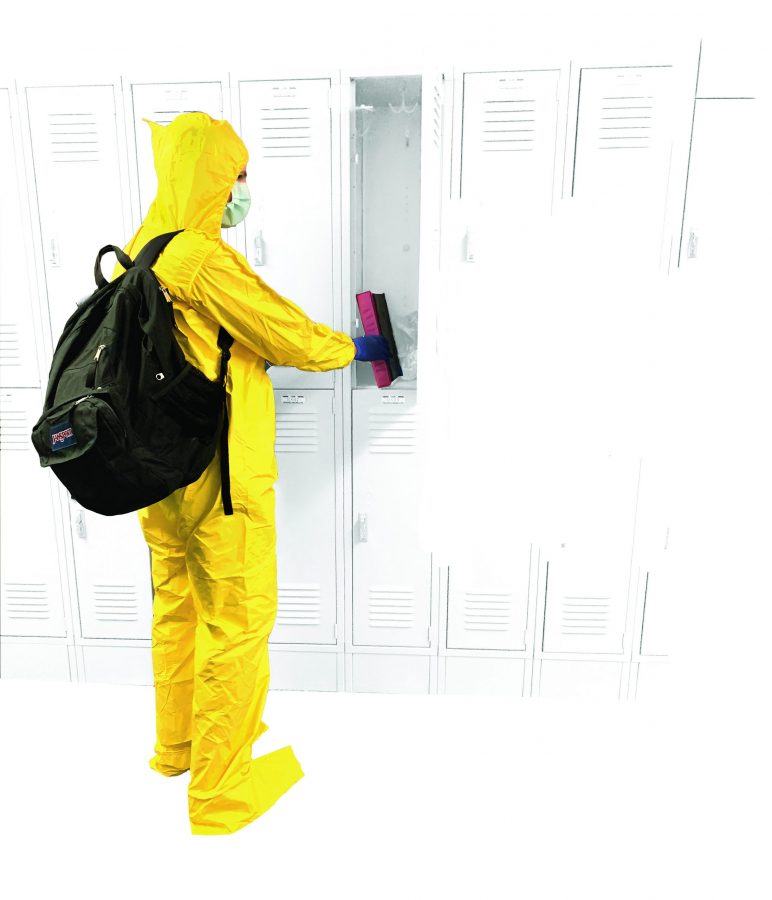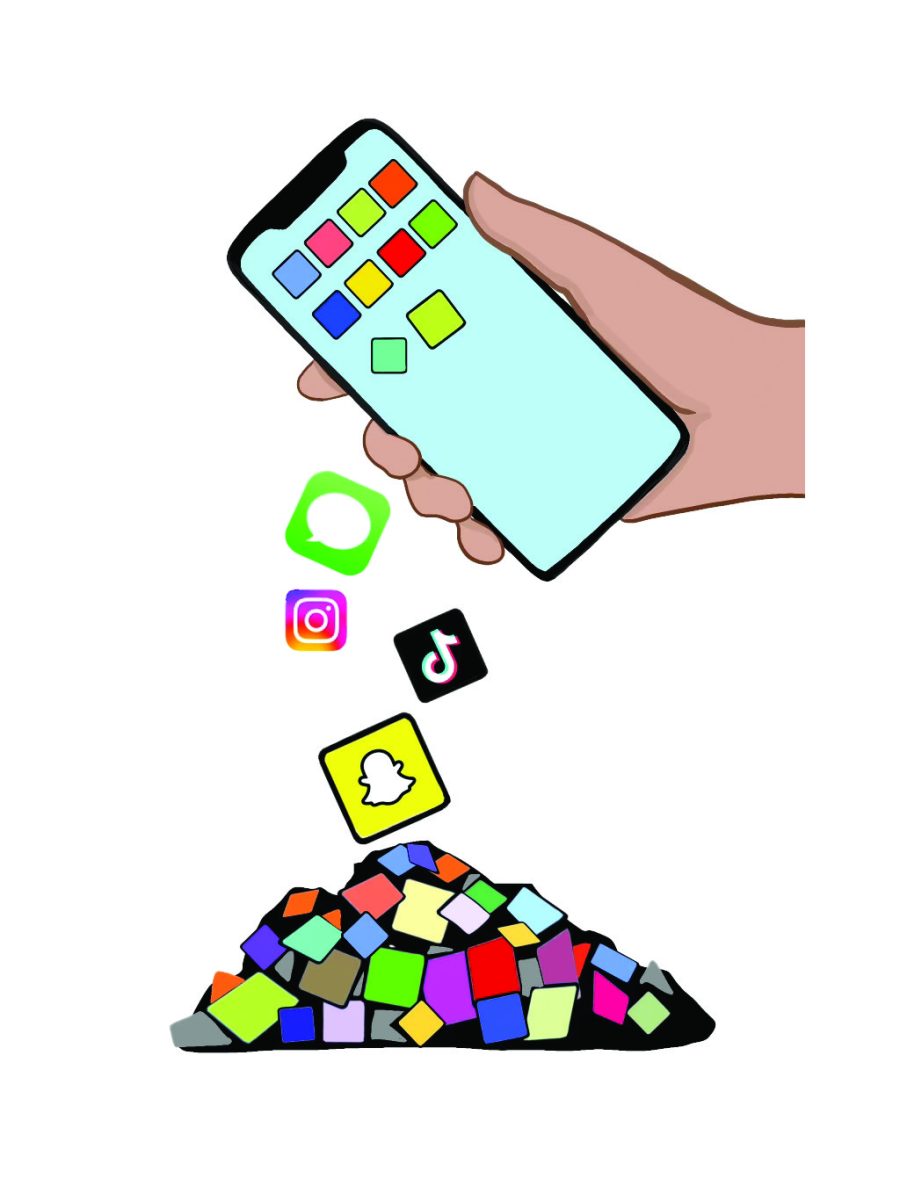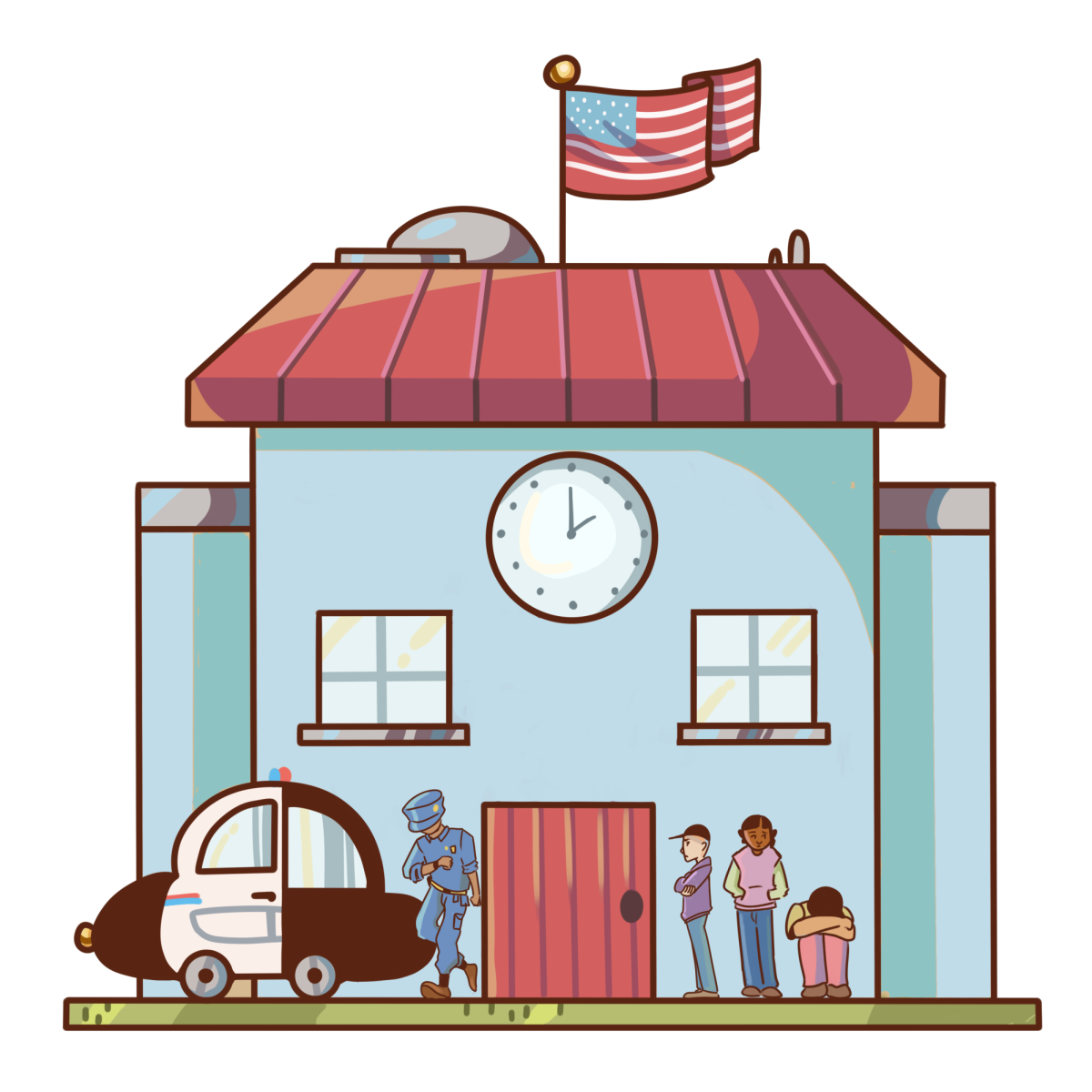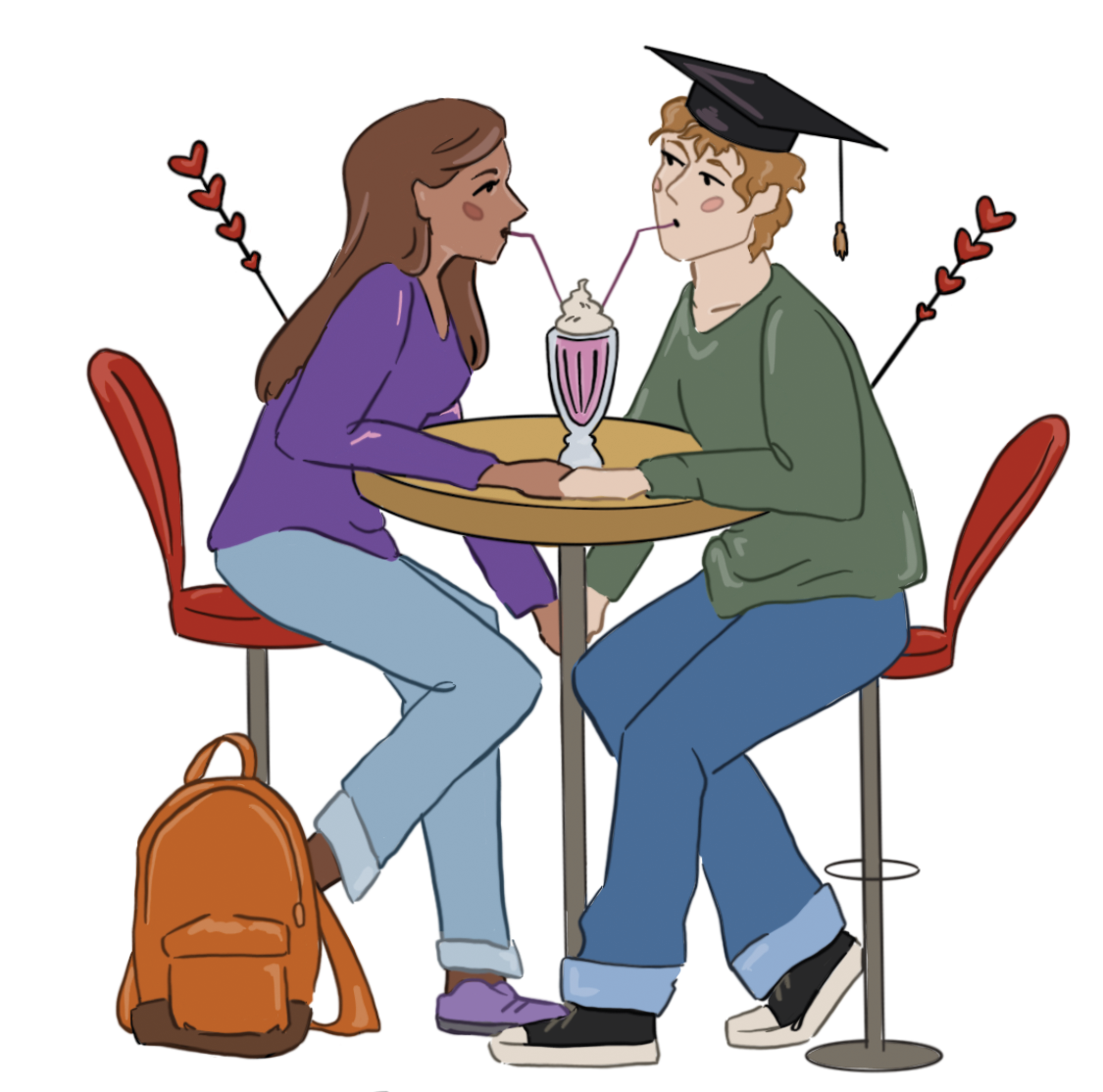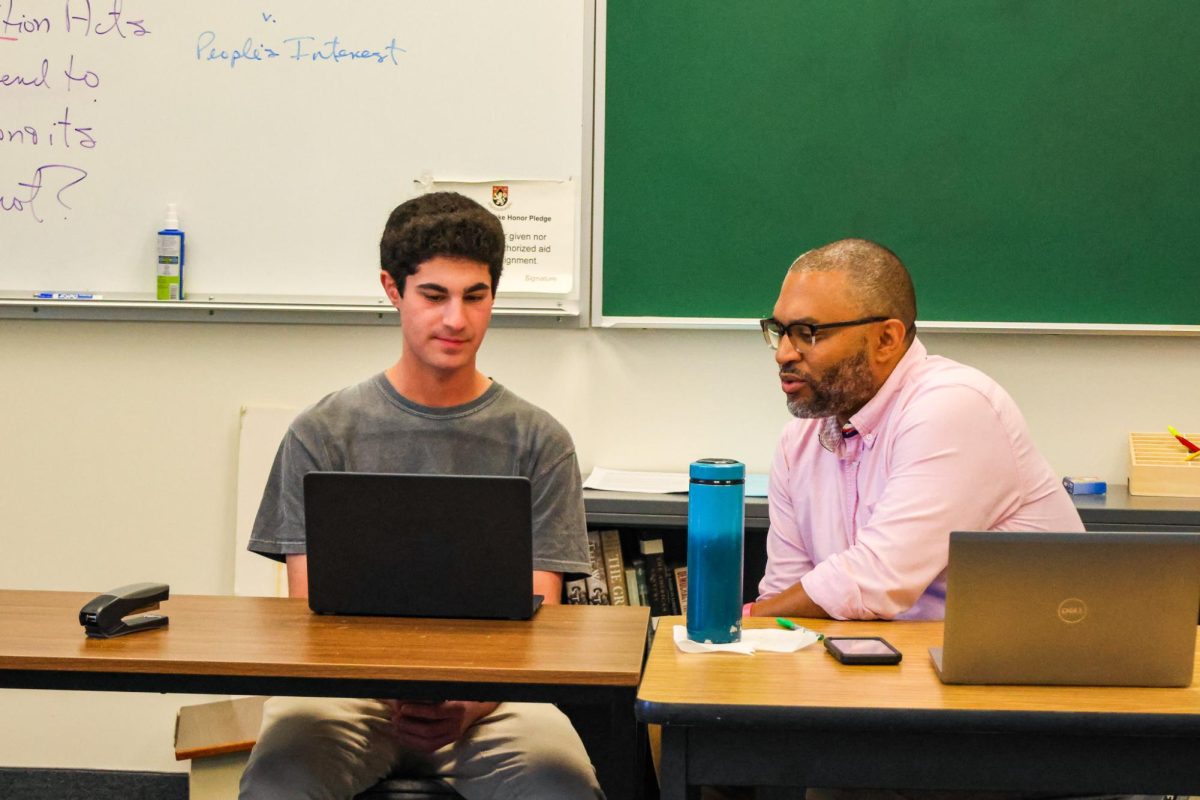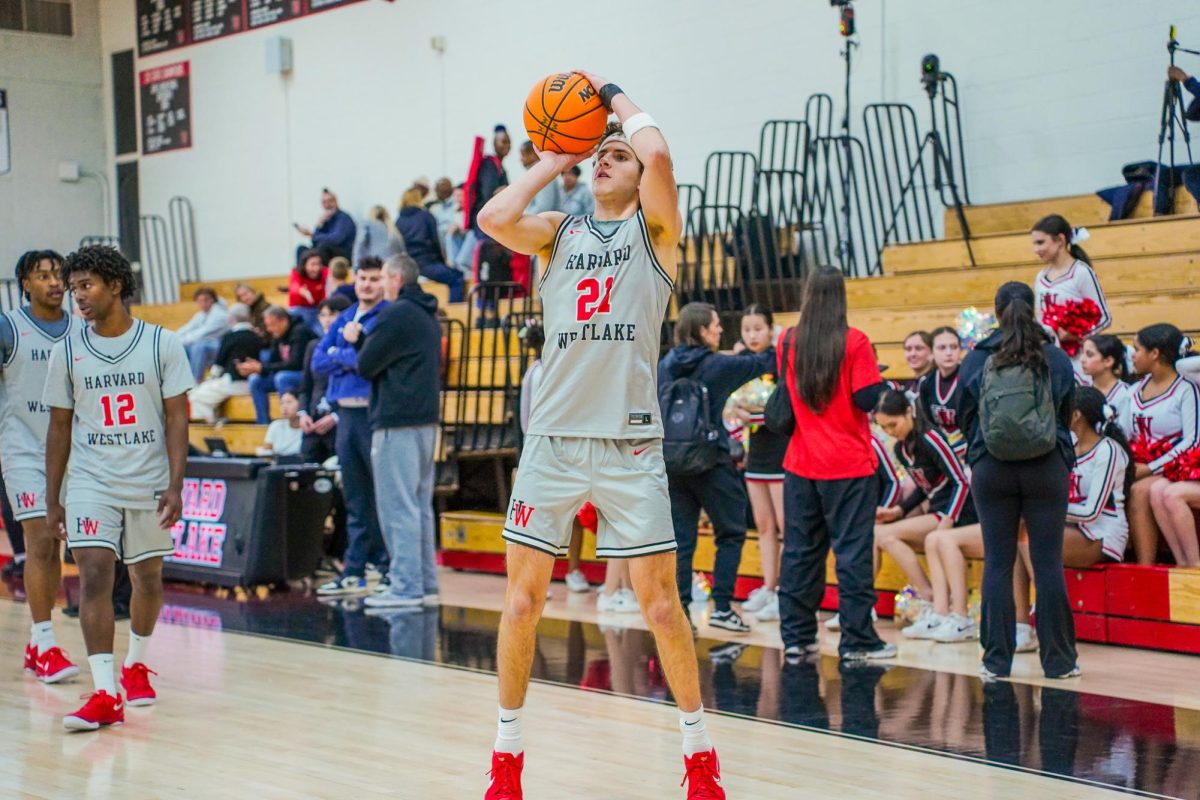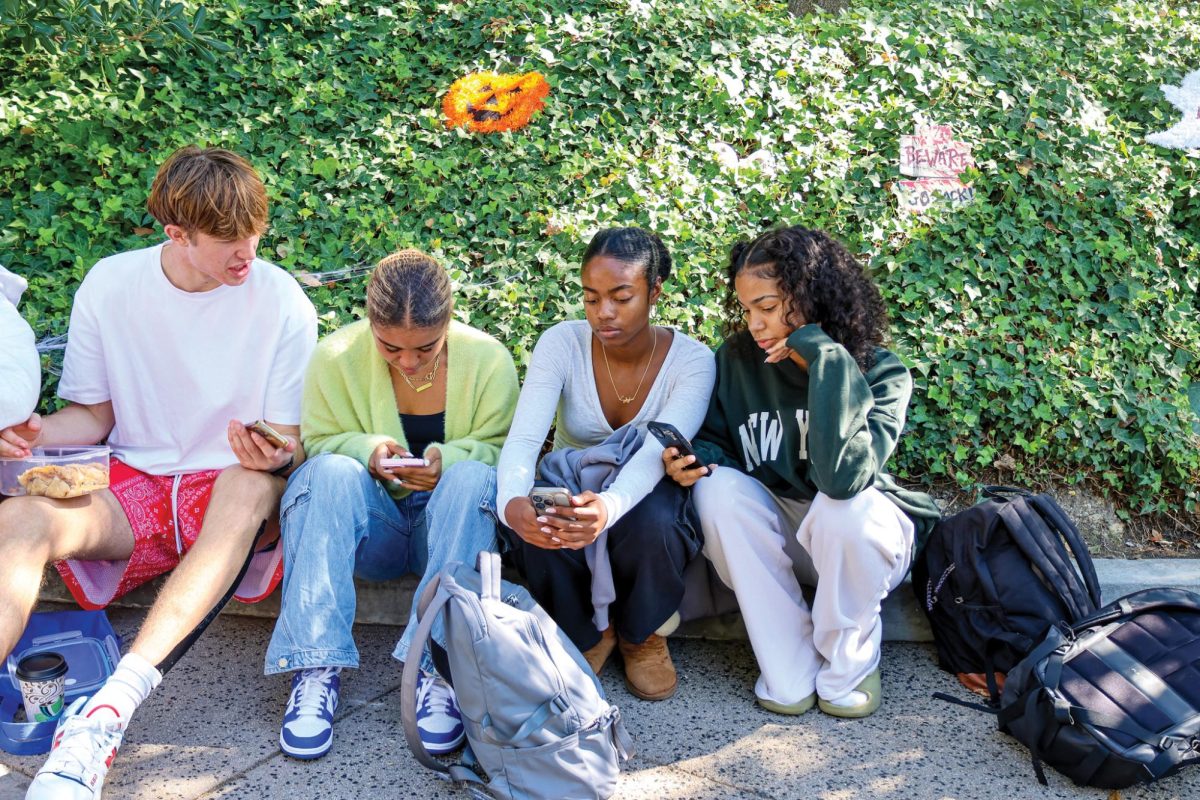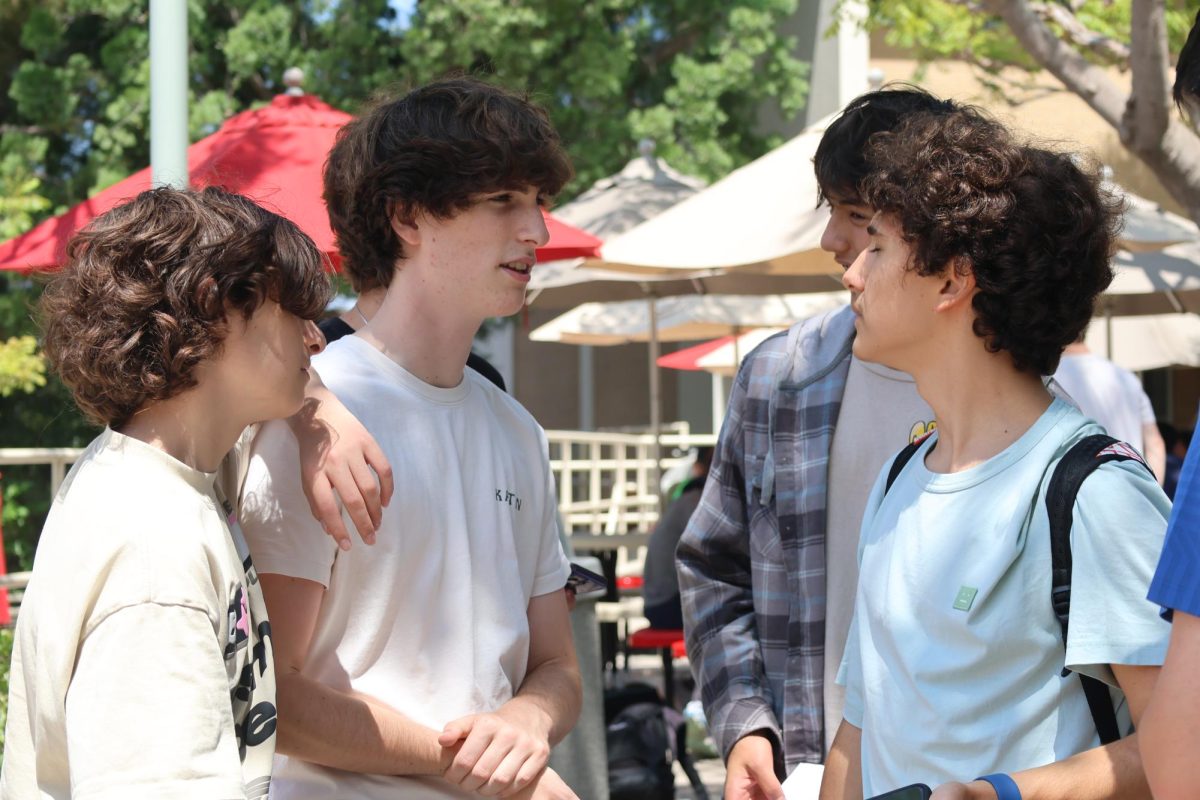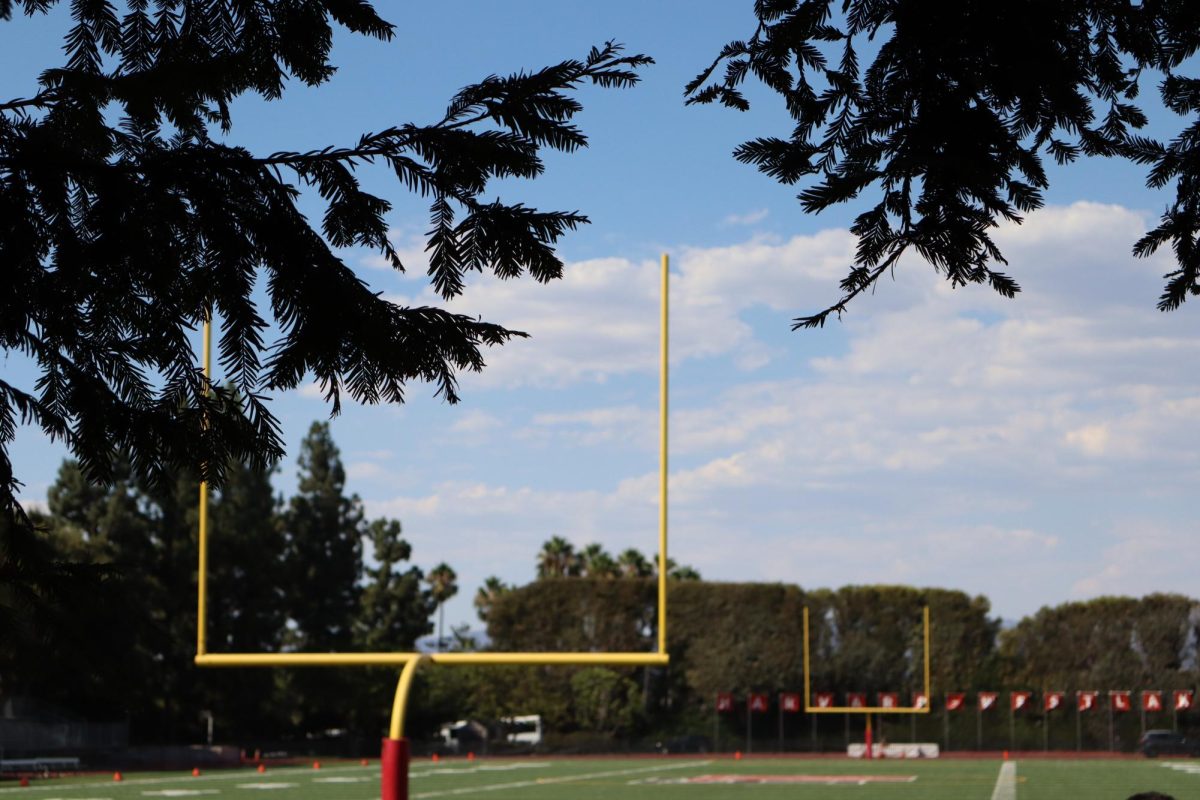To learn about the latest developments of the coronavirus and Harvard-Westlake’s response, click here.
Glancing outside her window at the nearly empty streets, Catherine Zhu, a student at Harvard-Westlake’s sister school WLSA Shanghai Academy, could think only of how badly she wanted to go outside. But Zhu was stuck, one of the millions across China confined to their homes under the mandatory 14-day coronavirus incubation period.
“We had to stay at home for 14 days,” Zhu said. “I was generally peaceful and I just accepted everything calmly. I believe that prevention and control is very developed now in China, and people will pay high attention to the issue of coronavirus. The people around me, [are] focused on protecting themselves as well, so I’m not that worried.”
According to the World Health Organization (WHO), the coronavirus, or COVID-19, is a contagious respiratory illness that first appeared in Wuhan, China in December. Since then, the virus has been detected in 32 countries. As of press time, 3,038 people have died from coronavirus and there are over 83,652 confirmed cases globally.
The United States has reported more than 69 confirmed cases of coronavirus including 33 in California, two of which originated from an unknown source. Neither patient had recently traveled outside of the country, nor had come into contact with anyone who did, and are believed to have contracted the virus from “community spread,” according to The New York Times.
Though a Korean Air flight attendant who was diagnosed with the virus in South Korea recently visited Los Angeles, public health officials said that there is no evidence of person-to-person spread of the virus within L.A. County, according to CBS.
“The immediate health risk to the general public of exposure to this virus in L.A. County is still considered low,” the Public Health Department said in a statement Feb. 28. “[We will] continue to take steps to prevent the spread of this novel coronavirus.”
In an all-school email sent Feb. 28, President Rick Commons urged the community to take precautionary steps in protecting themselves and each other from illness.
“Our Community Health Office is in frequent contact with the L.A. County Department of Public Health and a number of infectious disease experts here in Los Angeles,” Commons wrote in the email. “We will listen to their advice, we are developing plans for a range of contingencies, and we will always put the health and safety of our school community first.”
In attempts to limit the spread of the coronavirus, U.S. airlines such as American, Delta and United have suspended all flights between the U.S. and Mainland China.
Due to these travel restrictions, six Shanghai WLSA Academy students participating in the two-week WLSA Cultural Exchange Program were forced to return home four days earlier than initially planned.
The exchange students arrived in the U.S. on Jan. 19 and arrived at their host families’ homes Jan. 25. The students were tested at a health clinic for coronavirus on Jan. 27 and spent the first week of their exchange participating in off-campus cultural activities in the L.A. Area.
Director of The Kutler Center and Summer Programs Jim Patterson said that the schedule of the exchange program was altered in an attempt to ensure the safety of the school community.
“Based on the initial assessment, the doctor cleared them to be with us for the duration of the exchange,” Patterson said. “Still, we made the decision to reverse some of our normal activities for our WLSA students. Normally, [during] the first week, students spend time on campus, and the second week they spend time out in the community doing cultural activities. We made the decision to swap the order in an abundance of caution, even though there was no indication of the disease, and it seemed unlikely that anyone had it or was going to contract it.”
Although the students were healthy and risk-free, the travel restrictions caused by the outbreak forced WLSA to send them back to China four days earlier than originally planned.
“Because of the continued outbreak of the coronavirus in China, we were concerned that flights were being canceled between the U.S. and China,” Patterson said. “And so, WLSA made the decision to try to get them home early because they were quite concerned that if they waited too long, they would not have been able to get home, or it would have been extremely difficult to route them from the U.S. back to China.”
The school did not make information about the exchange students and their departure available to the school community due to the belief that there was no threat to the safety of students and faculty, Patterson said.
“We did deliberate over whether or not it would be appropriate given the circumstances and the facts, whether it was important for the entire student body to know [about the departure of the exchange students],” Patterson said. “Given the fact that the students had been here for a long time and the fact that they were cleared by a medical professional and that there was no indication of any coronavirus, we felt that we took all the necessary steps to keep our students safe. I can say with confidence that we spent a long time evaluating this situation and based on the information we had,”
Sterling Kim ’21 said that though the exchange students were ultimately free from the risk of coronavirus, the rumors and lack of information about the disease worried him about the safety of the school community.
“Hearing all the rumors about the exchange students made me feel scared,” Kim said. “There were a lot of rumors going around but no one knew exactly what was going on. The school definitely could have done more to keep the rest of us informed so that we could know that we were safe and there was no risk. They definitely could’ve handled things more responsibly instead of keeping us in the dark the whole time.”
Another student, Kayla Choi ’22, said that her parents were mainly concerned with the arrival of possibly infected students on campus because their presence could have had lethal consequences for her.
“I wasn’t really worried, but my parents were because I previously had pneumonia,” Choi said. “I’ve heard that coronavirus, although not too serious, could be lethal for people with weak immune systems, like old people, or people who’ve had pneumonia in the past like me. Even though I know that the virus is extremely contagious, I wasn’t too worried because I didn’t interact with [the students] too much.”
Although Choi believes the school handled the situation to the best of its ability, one concern that she had was how late the students were tested.
“I feel like if they came here they should know if they had [coronavirus] and should’ve been checked before they even came on campus rather than after,” Choi said.
Unlike Kim, Joy Ho ’22, a member of the WLSA Welcoming Committee, said that she agreed with the school’s decisions regarding what information should be distributed to the entire student body.
“But since they didn’t [show any symptoms] and I didn’t think they had such a huge presence on the student body, I think it was fine if they didn’t let everyone know since not everyone saw them and were paying all that much attention to them,” Ho said.
All schools in China have been closed indefinitely, as the coronavirus outbreak continues to escalate. On Jan. 17, the Chinese Ministry of Education introduced a “national Internet cloud classroom” designed to replace traditional classroom-based learning.
“We are planning to have online courses,” Zhu said. “It’s similar to normal courses, but we’ll be video calling instead. Everything will be at the same time, and the school schedule will remain the same. The school has published everything on our social media so they’ve been very clear about everything. Nothing [is] too [out of the ordinary] or wrong, just very normal.”
Zhu said that despite the ongoing epidemic, she was confident that the situation would eventually return to normalcy.
“I believe the prevention and control is very developed now in China,” Zhu said. “ The people around me [are] focused on protecting themselves and paying high attention to [coronavirus], so I’m not that worried. Nobody in my neighborhood has caught coronavirus, and I hope it will end soon and we can return to our normal lives.”



























